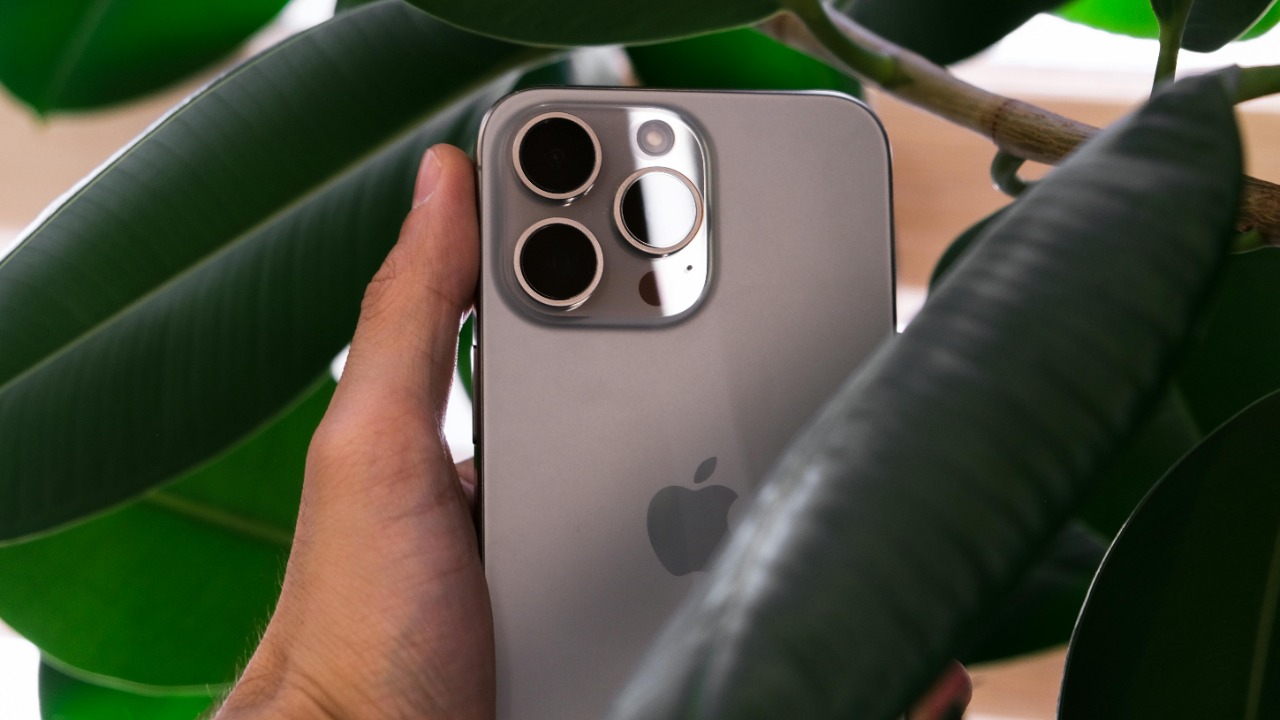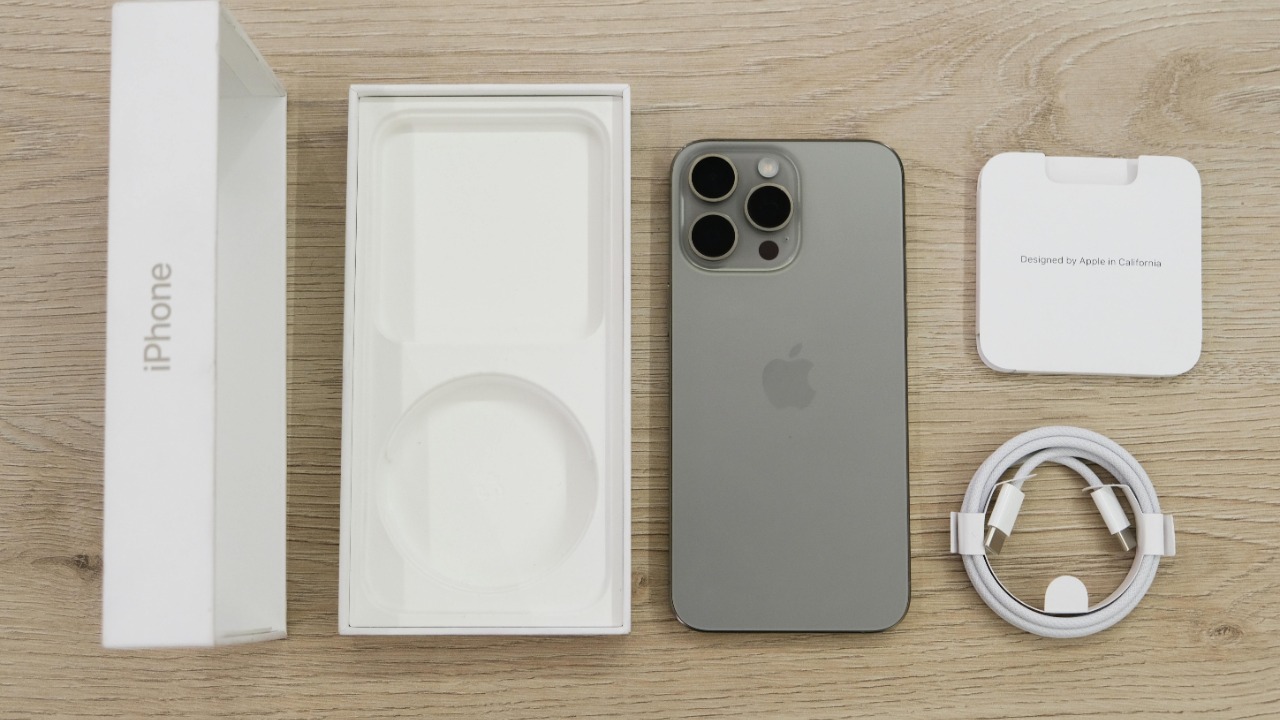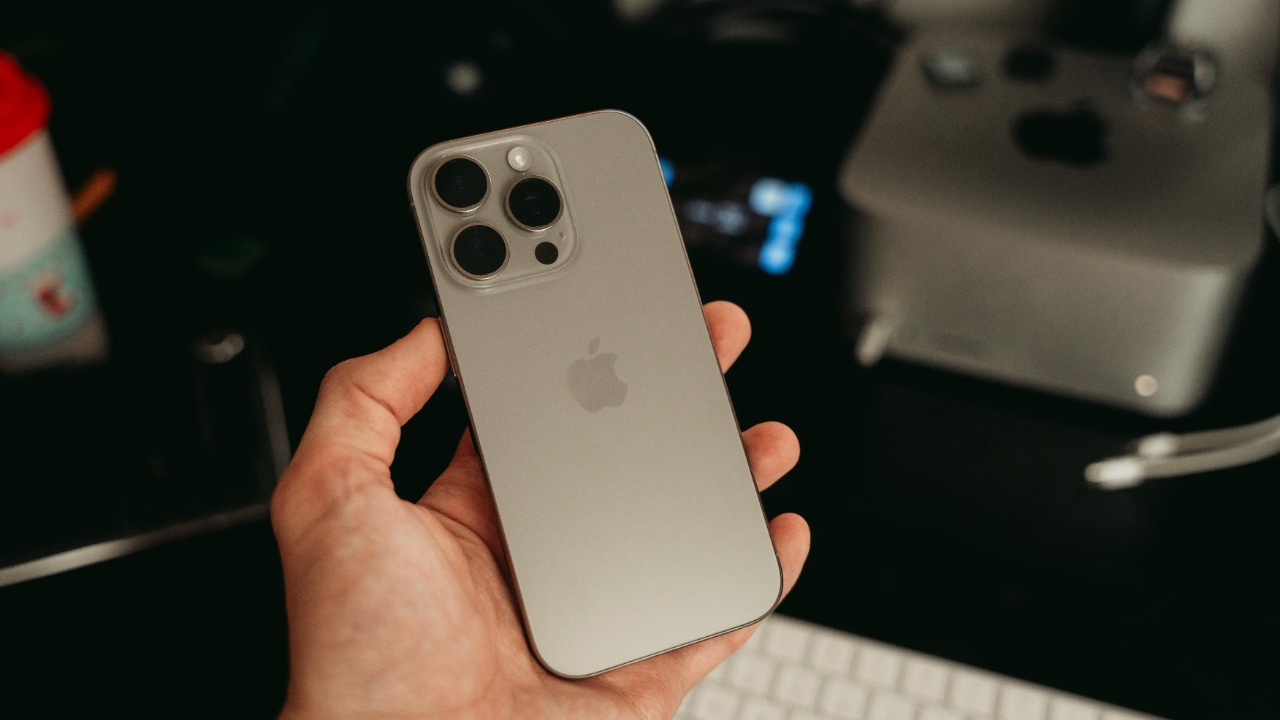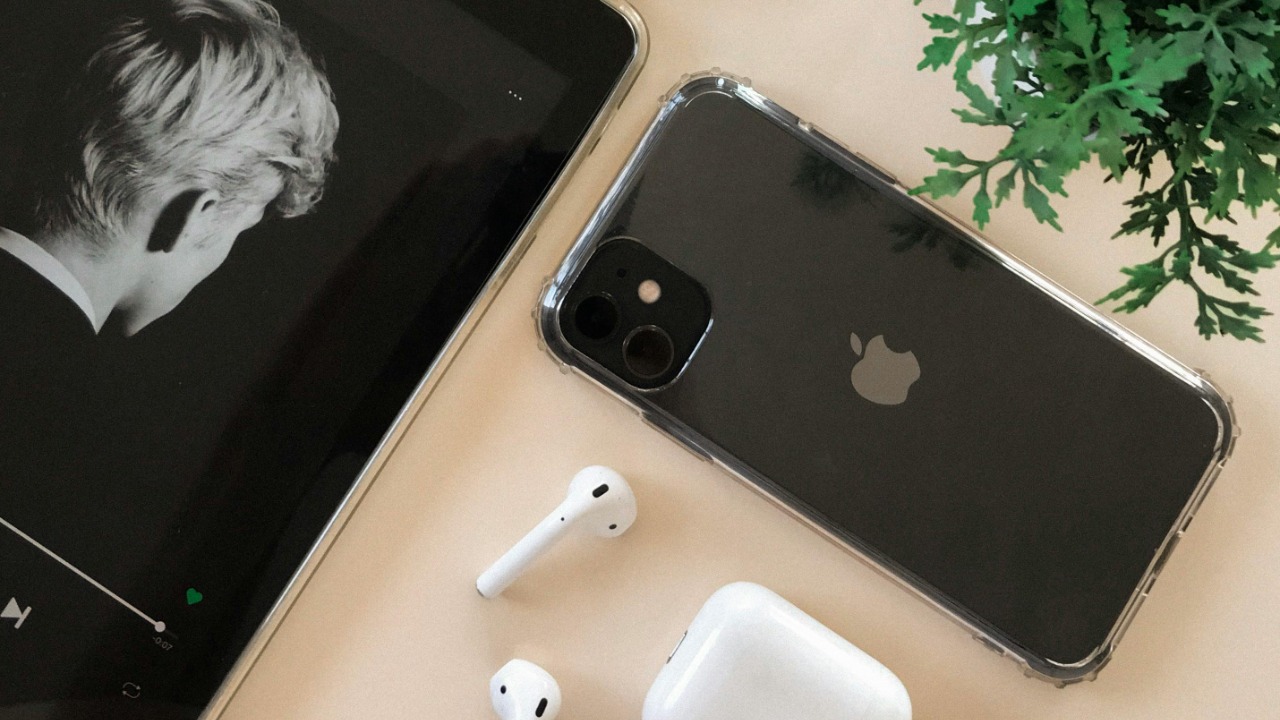Apple, a titan in the tech industry, faces legal challenges over alleged unauthorized access to microphones on its devices. This lawsuit raises serious concerns about privacy and user consent in an era where smart devices are omnipresent. As the case unfolds, it could set significant precedents for tech companies and consumer rights.
The Allegations Against Apple

The lawsuit against Apple alleges that the company has been accessing microphones on its devices without user consent. The plaintiffs claim that this unauthorized access allowed Apple to collect audio data, potentially compromising user privacy. The timing and mechanics of this alleged access are central to the case, with the plaintiffs arguing that Apple used specific software updates to enable this silent surveillance. This legal battle comes at a time when concerns over privacy in the digital age are already high, fueling public interest and scrutiny.
From a legal standpoint, the plaintiffs are basing their case on several privacy laws, including the Electronic Communications Privacy Act. This act, along with other state and federal privacy regulations, forms the crux of their argument that Apple violated user rights. Past legal precedents in similar cases, such as the Siri privacy lawsuit, are also being leveraged to strengthen their claims against Apple. The outcome of this case could have far-reaching implications for Apple’s reputation and its relationship with its user base.
The potential impact on Apple users is significant, as the lawsuit exposes vulnerabilities that could affect millions of people worldwide. If the claims are proven true, users’ conversations and personal information may have been accessed without their knowledge, raising concerns about data security and privacy. This situation underscores the importance of transparency and robust security measures in maintaining user trust in tech companies.
Privacy in the Digital Age

The capabilities of modern smart devices have been a double-edged sword, providing convenience while also opening doors to potential misuse. The alleged microphone access by Apple exemplifies the broader issue of surveillance capabilities embedded in technology today. While these features are designed to enhance user experience, they also pose significant risks if exploited without proper oversight and regulation. This lawsuit reiterates the need for stringent measures to prevent unauthorized data collection.
Consumer consent is a cornerstone of digital privacy, yet many users remain unaware of the extent to which their data can be accessed. Companies are obligated to obtain clear and informed consent before collecting or using personal data, a principle that is often overlooked in lengthy and complex terms of service agreements. The importance of transparent communication with users cannot be overstated, as it empowers consumers to make informed choices about their data.
The regulatory landscape governing tech companies and user privacy is evolving, but it still faces challenges in keeping pace with rapid technological advancements. Existing regulations, though comprehensive in some areas, may not fully address the nuances of modern technology and its implications for privacy. As the lawsuit against Apple unfolds, it may prompt legislative bodies to re-evaluate and strengthen privacy laws to better protect consumers in the digital age.
Apple’s Response and Defense

In response to these serious allegations, Apple has issued official statements denying any wrongdoing and asserting its commitment to user privacy. The company emphasizes its dedication to protecting customer data and complying with legal standards. Apple has also highlighted its track record of implementing strong privacy measures, suggesting that the lawsuit’s claims are unfounded and based on misunderstandings of its technology.
As for Apple’s legal strategy, it is likely to focus on demonstrating compliance with privacy laws and showcasing the security features embedded in its devices. The company may also attempt to discredit the plaintiffs’ claims by challenging the evidence presented and questioning the methodology used to support the allegations. Additionally, Apple might draw on its experience in previous legal challenges, such as the settlement of a class-action lawsuit concerning eavesdropping, to fortify its defense strategy.
Apple has faced similar legal challenges in the past, which have often resulted in settlements or changes to its policies. These experiences may provide valuable insights and lessons as the company navigates the current lawsuit. By addressing these allegations head-on and demonstrating its commitment to privacy, Apple aims to maintain consumer trust and uphold its reputation as a leader in the tech industry.
Implications for the Tech Industry

The outcome of this lawsuit could have significant implications for industry standards and practices regarding privacy and data security. If the allegations against Apple are proven true, it may prompt other tech companies to reassess their data collection policies and strengthen their security measures. The case could set a precedent, pushing the industry toward more transparent and user-centric practices that prioritize privacy and consent.
In light of the lawsuit, competitors may also take proactive steps to distance themselves from similar controversies. Companies like Google and Amazon might review their own privacy policies and procedures, making adjustments to avoid potential legal challenges. This heightened scrutiny could lead to increased competition among tech giants to position themselves as leaders in privacy protection.
The increased focus on privacy and data security might also impact future innovation within the tech sector. As companies work to address consumer concerns and comply with evolving regulations, they may need to balance technological advancements with robust privacy protections. This shift could result in new technologies and solutions that prioritize user privacy while maintaining functionality and convenience.
Consumer Advocacy and Awareness

Consumer advocacy groups play a vital role in raising awareness and pushing for greater transparency in the tech industry. These organizations often serve as watchdogs, holding companies accountable for their data practices and championing user rights. In the wake of the Apple lawsuit, advocacy groups may intensify their efforts to educate consumers about the importance of privacy and the risks associated with unauthorized data access.
Educating users about their rights and the privacy settings available on their devices is crucial in empowering them to make informed decisions. Many consumers remain unaware of the potential vulnerabilities associated with their devices, underscoring the need for accessible and straightforward information. By increasing awareness, users can take proactive steps to protect their data and hold companies accountable for their privacy practices.
As consumer awareness and advocacy efforts continue to grow, long-term changes in behavior and expectations regarding privacy in technology are likely. Users may become more selective about the devices and services they use, prioritizing those that offer clear and transparent privacy policies. This shift in consumer behavior could drive companies to adopt more stringent privacy measures, ultimately leading to a more secure and user-focused digital landscape.